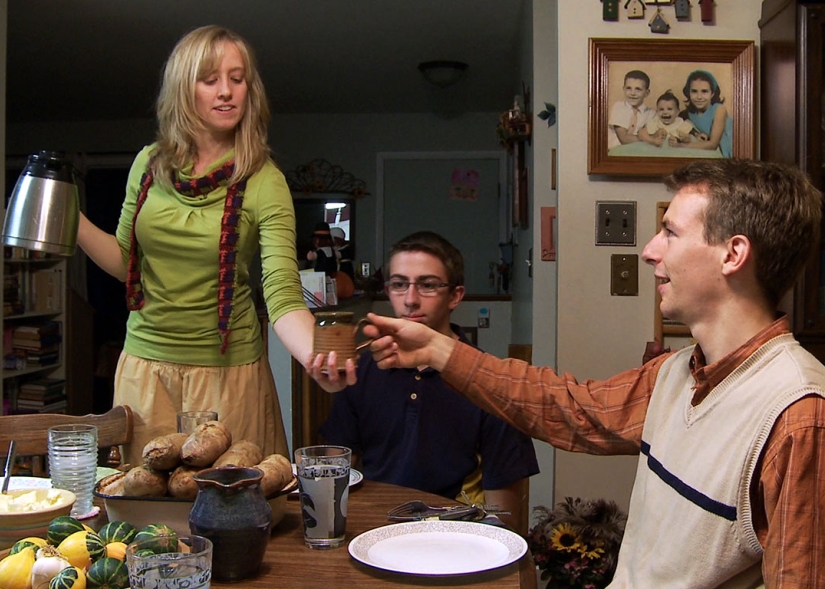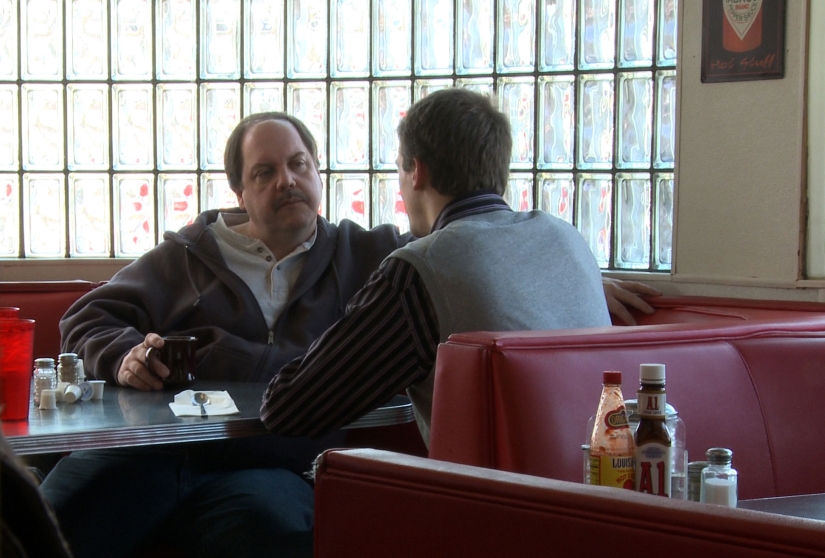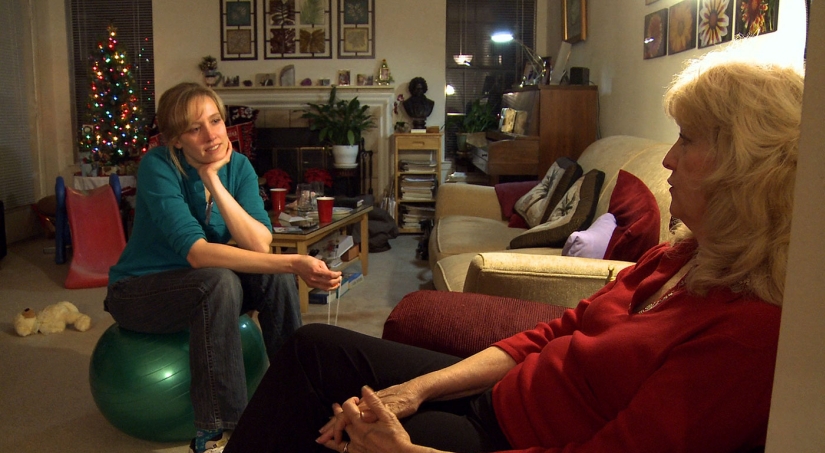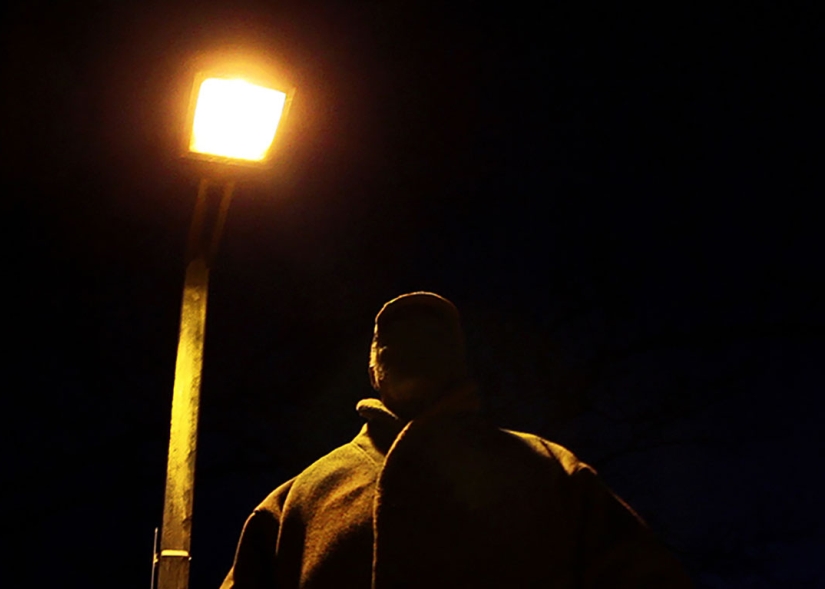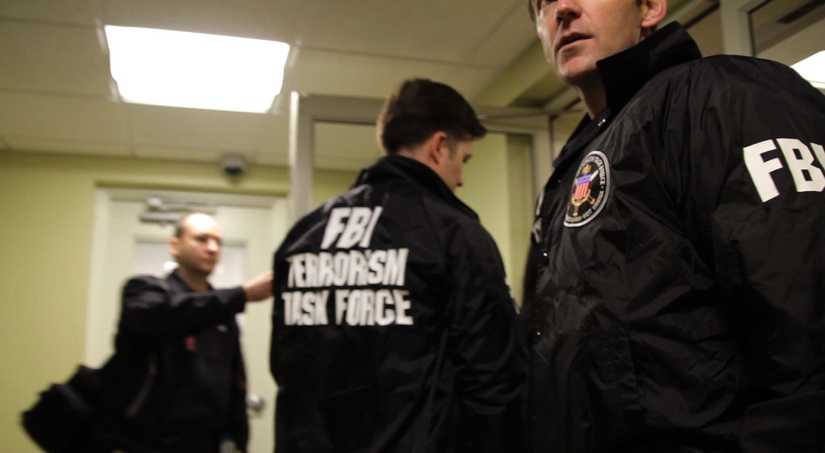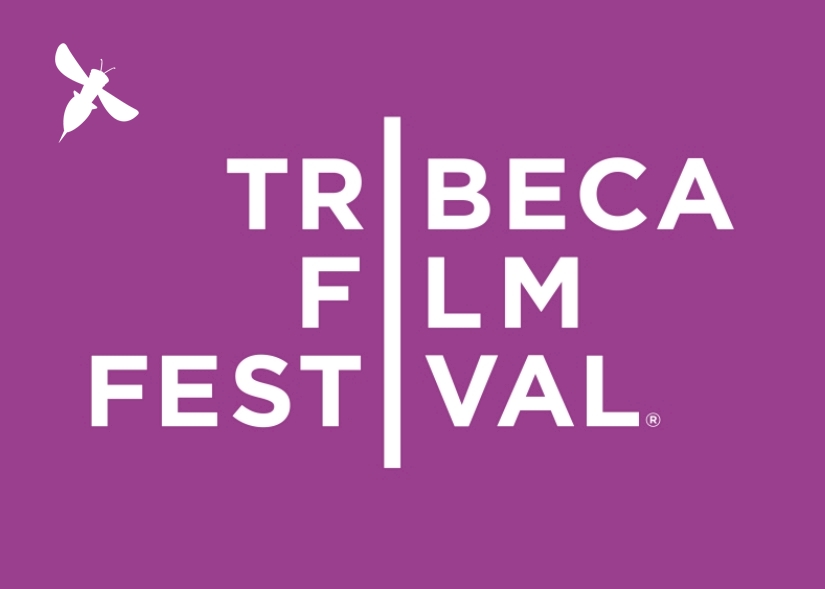[Tribeca Review] A Courtship
Dating can be awful, but there are worse alternatives. Take the act of Christian Courtship, which is the subject of Amy Kohn's documentary A Courtship. To practice Christian courtship is to save yourself completely for marriage, including your first kiss. The playful snogging in the school yard is done in the devil's territory.
Christian Courtship gets even worse and more bizarre, ultimately forcing women into passivity as they wait for a knight in shining armor to rescue them from the supposed plight of single life. (It's fitting that official Courtship material about the sanctity of a first kiss is sold in form of a picture book/fairy tale.) The women who practice Courtship claim that they are submitting to God's will, but they're really submitting to an antiquated Biblical patriarchy that justifies their treatment as chattel.
See—way worse than dating.
A Courtship
Director: Amy Kohn
Rating: N/A
Release Date: April 18, 2015 (Tribeca)
Kohn's primary focus is a woman named Kelly. She lives with the Wright family, a Courtship-loving family in the Grand Rapids, Michigan area. Ron Wright, the head of the household and Kelly's father-figure, screens all suitors before Kelly even meets them. It's a cross between speed-date and job interview. Ron goes on more dates with these men than Kelly does because Kelly usually isn't allowed to meet the suitor unless the man meets Ron's approval first.
Kelly is 33 years old.
The following becomes apparent while watching A Courtship: Kelly has the same level of maturity about love and relationships as the two Wright daughters, one pre-pubertal and the other adolescent. Unlike the Wright daughters, however, Kelly doesn't have her first kiss to give, which is a deal breaker for some men in the Courtship community.
Again, Kelly is 33 years old.
When it comes to documentaries like A Courtship, there's a question of tone to consider. Are we supposed to mock the subjects or be sympathetic and empathetic to them? Kohn manages a bit of both. It's hard for me not to disparage Courtship as a practice since it's so backwards, so anti-feminist, so anti-modernity. Courtship robs women of agency and, as a theological disagreement in the film shows, devalues their personal beliefs and personhood.
It's also hard for me not to be critical of Ron and Dawn Wright, who push Courtship on their household. Yet by allowing Ron and Dawn to discuss their own marriage with candor, Kohn's discovers the justification for believing in Courtship. Even I'll admit that Courtship for the Wrights comes from a place of genuine (and suffocating) parental concern. On the other side, it's difficult to not feel bad for Kelly, who seems so wrapped up in the idea of marriage as something that will complete her existence, so afraid of being a disappointment to someone (though mostly a disappointment to herself) that she's opted for passivity. For her, it's better that passivity than the vulnerability that's necessary to love someone.
Kohn follows Kelly to visit her mother's house, where we learn a little bit more about Kelly's upbringing and her parents' relationship. There's a home movie of Kelly, just a little girl, sitting on a ball and bouncing up and down with joy, carefree. When Kelly tells her mom about Courtship, her mother offers one of the documentary's few dissenting opinions about the practice. During this discussion, Kelly sits on a yoga ball in a way that's a little too much like the home movie of her as a child. I'm hesitant to psychoanalyze, but the scene sadly makes sense.
[Tribeca Review] (T)ERROR
In Lyric R. Cabral and David Felix Sutcliffe's documentary (T)ERROR, good counterterrorism intelligence seems to be a secondary worry for Shariff. He's 63 years old, he's an ex-con, he's been an FBI informant for decades, and, most importantly, he has bills to pay. That's always in the back of his mind—he does this because he needs the work, and he'll do whatever he has to in order to keep getting work. The gigs involve glad-handing his way into Muslim communities, getting to know a person of interest, and trying to get that POI to incriminate himself so the FBI can do the rest.
Nevermind the actual motives of the POI, in this case a Muslim convert named Khalifah Al-Akili. It's all about the arrest. This is an operation of entrapment, pure and simple, but the FBI gets what the FBI wants. Shariff has no choice but to comply. When the film is fully in motion, (T)ERROR reveals the malleability of personal desperation and how government abuses are permissible under the shield of counterterrorism.
(T)ERROR
Directors: Lyric R. Cabral and David Felix Sutcliffe
Rating: N/A
Release Date: 4/16/2015 (Tribeca)
It's not just desperation that drives Shariff. (T)ERROR looks back on the arrest and incarceration of Tarik Shah, a jazz musician that Shariff helped convict. When we learn more about Shah and what he said and the way that Shariff coaxed it out of him, we sense a fundamental sense of desperation driving Shah's words. Even hypothetical allegiance to Al Qaeda is allegiance enough for arrest. The system isn't just corrupt, it's also absurd and is committed to keeping the poor and the marginalized down. Shariff used to be a black militant before the FBI gave him a chance to become an informant, and the cycle continues: marginalized groups used to incriminate and incarcerate other marginalized people.
In some ways, Shariff's job is like high-pressure sales—he entices the desperate on the behalf of the FBI, trying to close the deal and get them to say something, anything, incriminating. If Shariff closes, there's a chance he'll get called on again by the FBI to close another deal and get paid. The camera hangs on Shariff, going in and out of focus in a stylized way, catching him around corners of a room like he's the subject of some sort of surveillance. After a while, his quiet frustration reveals years of guilt. Maybe the camera is his conscience watching, judging. Shariff seems to know what he's doing is awful, but sometimes, like Shah knew, a person has to do whatever it takes to pay the bills. Works for the man, gets paid by the man, but then has to pay the man back. And that cycle continues too.
There's a small stretch of (T)ERROR that feels like it treads water, and while the material as a whole is engaging and important to explore, there's a lack of forward movement near the middle. The Tribeca Film Festival cut of (T)ERROR clocked in at 84 minutes, which is about 10 minutes leaner than the original world premiere cut that played at Sundance. It'd be interesting to see if Cabral and Sutcliffe continue to carve just a few minutes from the front end of the movie as it plays more festivals or nears distribution of some kind.
That lag I mentioned doesn't last too long, however, thanks to an unexpected shift in Cabral and Sutcliffe's focus. They remain strong documentarians when the shift comes, but they become better documentary journalists. Not only do we understand Shariff, but Shah and Al-Akili too. It makes all the desperation more painful. (T)ERROR humanizes everyone involved in this deal. Except for the FBI, of course. They refused to be interviewed, possibly because they'd incriminate themselves further.
The 2015 Tribeca Film Festival Begins
The 2015 Tribeca Film Festival kicks off tonight in New York City. Established in 2002, this year's Tribeca Film Festival runs from April 15th to the 26th, and features numerous world premieres, special screenings and events, talks and conversations with filmmakers, arts installations, and more.
Some notable programming includes a conversation between George Lucas and Stephen Colbert, a Q&A with the cast and crew of GoodFellas moderated by Jon Stewart, a 40th anniversary screening of Monty Python and the Holy Grail with surviving Python members in attendance, and much more.
During the next two weeks, you'll find reviews and other kinds of coverage here at Ruby Hornet. Our first reviews will be hitting on Friday.
For tickets and more information about the Tribeca Film Festival, visit their website.
[Trailer] Palo Alto
[youtube id="sjosuxDnJLg"]
High school is certainly a time full of hormonally driven decisions and rebellious actions. There is this need to be full of angst yet a simultaneous desire to have complete affection. However, this angst can sometimes lead a teen to getting into too much trouble, whereas the need for affection can have one befriending a box of Kleenexes and a tub of Ben & Jerry's. It definitely isn't the easiest time for anyone, even when one seems to be succeeding pretty well. These multiple emotions that many feel throughout four short years are attempted to be captivated in dozens and dozens of films. While my own personal favorites are from the 80's generation, there are countless others made in recent years like Mean Girls, Juno, and The Perks of Being a Wallflower that take a bold stance on the controversial issues that American high schoolers face. Palo Alto is the latest film that will be taking on this challenge, covering the issues of teacher-student scandals and teenage rebellion.
Starring James Franco, Emma Roberts, Val Kilmer, and Nat Wolff, this dark drama covers a the lives of a few teens with the desire to find trouble. Roberts plays April, a 14 year old who just wants to feel love from a significant other who seems consistently disappointed by Kilmer's character Stewart's ignorance. However, Franco's character, Mr. B, sees this in April and is suddenly a bit more interested in being just her soccer coach and teacher. Simultaneously, Stewart is trying to make a better image for himself but is finding it difficult with the poor influence of his friend Fred (Wolff). The story lines appear to intertwine in order to make a film with just about as much complexity as that period in life is for all who experience it.
I must say, it's been awhile since a trailer had me so pumped up to go to the movies, but I'm eagerly anticipating this release. Franco and Roberts are two of my favorite performers, and I hope that it turns out as great as I'm hoping it to be. The latest film written and directed by Gia Coppola will be in theaters May 9, 2014.

